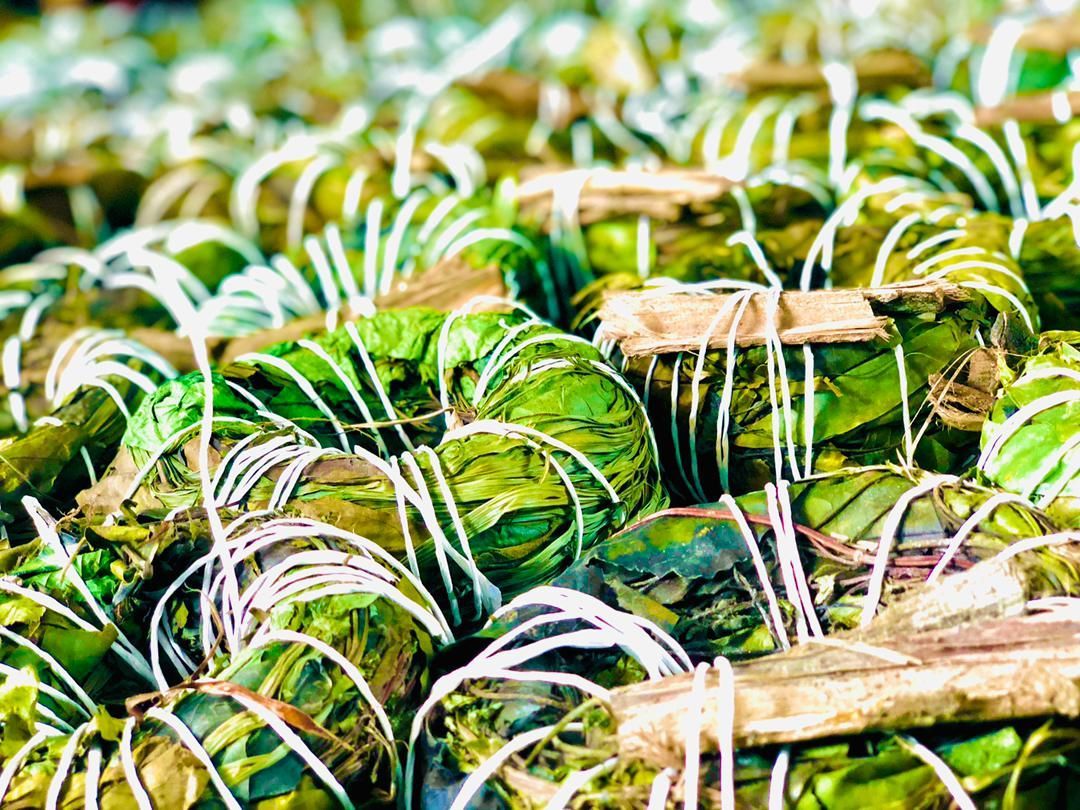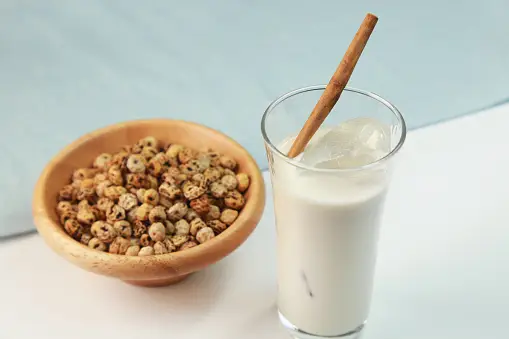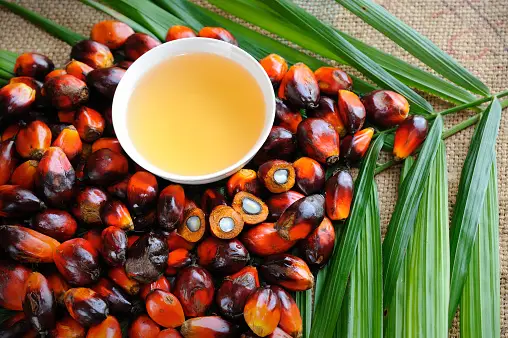Fertility, as a subject matter, is close to the hearts of many couples who want to be parents someday. There are quite a few medical-related options for couples, but there's always a traditional mix in between, especially in the West African region.
In the quest for natural remedies, Aju Mbaise has gained attention for its reputed and apparent benefits in enhancing fertility among women. However, before delving into its potential, it's important to explore its composition and safety profile.
What is Aju Mbaise?
Aju Mbaise is an orthodox soup from the Mbaise community in Igboland. It is made from a combination of five different leaves, roots, and barks. It is a traditional remedy used by women with fertility challenges. Aju Mbaise is not only known for its fertility aid but it's also help nursing moms regain lost nutrients after childbirth.
Nutritional components of aju mbaise
The precise composition or components of aju mbaise may vary based on people's preferences and orthodox recipes. Regardless, there are common or baseline ingredients used often in the preparation. They include;
- Ginger
- Uziza seeds
- Uda
- Leaves from the Nchuanwu plant
- Uhiokirihio seeds, and
- Barks of special medicinal trees
Each ingredient is believed to attribute specific therapeutic effects, ranging from hormonal balance to uterine toning.
Benefits of aju mbaise for fertility in women
- Hormonal balance
Aju mbaise contains good medicinal herbs that are assumed and scientifically proven to help regulate hormone levels, potentially improving ovulation and menstrual regularity.
- Uterine toning
The combination of herbs and leaves is believed to strengthen the uterus, supporting implantation and reducing the risk of miscarriage.
- Detoxification
Aju mbaise is often known and praised for its detoxifying properties, it could help get rid of harmful toxins that can interfere with or affect the reproductive health of women.
- Improves sperm quality
Research has shown that aju mbaise may positively impact sperm morphology, semen quality, sex hormonal levels, gonadosomatic index, and testicular histology.
- Weight loss
Apart from its role in fertility, aju mbaise is believed to be beneficial for weight loss. The combination of leaves, roots, and bark in this soup may have properties that support weight management.
- Postpartum recovery
Beyond its beneficial properties to help fertility, aju mbaise is also valued or praised for its role in postpartum recovery. It helps the new mom gain strength and vitality after childbirth.
- Regulation of endocrine pathways
Orthodox or herbal medicines like aju mbaise consist of compounds that can regulate female endocrine pathways. By influencing hormonal levels and reproductive functions, these herbs may contribute to treating female reproductive disorders and enhancing fertility.
While aju mbaise holds promise as a natural remedy for fertility enhancement, its safety profile remains a topic of debate. As with any herbal remedy, it's essential to approach it with caution and consult with a healthcare provider before use, especially for individuals with underlying health conditions or those taking medications. Additionally, further research is needed to validate its efficacy and safety in a clinical setting.
Frequently Asked Questions (FAQs)
- Can I drink aju mbaise every day?
Too much of a good thing can turn out to be harmful, this is not just a saying it's true. Some people might decide to incorporate aju mbaise into their daily routine but need to know that moderation is key.
- Is aju mbaise soup better than tea?
Both aju mbaise tea and soup can offer similar benefits, depending on individual preferences and the specific recipe used. Ultimately, the choice between tea and soup boils down to personal preference and convenience.
- Can men drink aju mbaise?
Traditionally, aju mbaise is associated with women's health, even research primarily focuses on its effect on women's fertility. Regardless, few men consume it for its benefits, such as overall well-being. It is important and necessary to consult your health consultant or doctor before diving into its consumption.










Comments